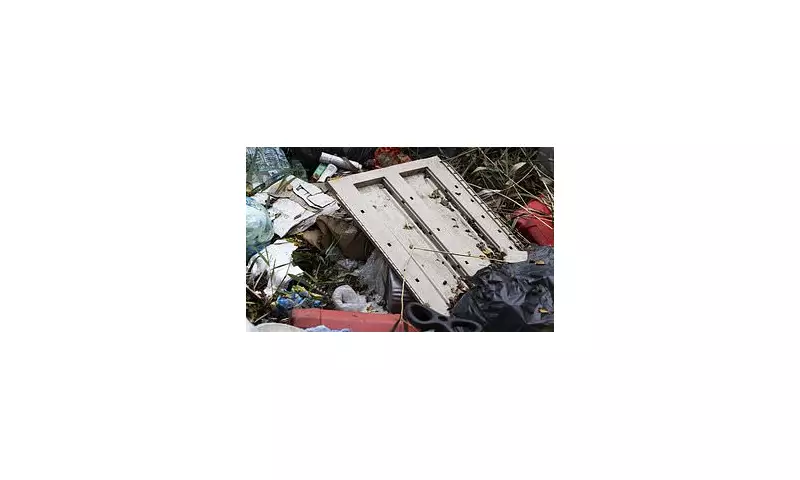
Britain is grappling with an unprecedented fly-tipping crisis that has seen the nation become Europe's unofficial capital for illegal waste dumping, according to damning new research.
The Shocking Scale of Britain's Waste Problem
Official data reveals a staggering 1.08 million fly-tipping incidents were recorded across England alone in the past year - equivalent to one illegal dump every 30 seconds. This epidemic of waste crime is costing taxpayers over £400 million annually in clean-up operations while creating environmental blight in communities nationwide.
Where the Crisis Hits Hardest
The situation is particularly dire in urban centres, with London boroughs bearing the brunt of the problem. Westminster emerged as the worst-affected area, recording nearly 40,000 incidents - more than many entire counties combined. Other hotspots include Birmingham, Manchester, and Leeds, where council workers are fighting a losing battle against the tide of illegally dumped waste.
From Sofas to Hazardous Waste
The types of materials being dumped illegally range from household furniture and construction rubble to genuinely dangerous substances. Authorities reported discovering:
- Over 500,000 incidents involving household waste
- More than 75,000 cases of construction debris
- Nearly 3,000 incidents involving hazardous materials including asbestos and chemicals
- Shocking instances of industrial-scale dumping in rural areas
Why Britain Can't Shake the Fly-Tipping Habit
Experts point to several factors driving this environmental crime wave. Rising waste disposal costs, council budget cuts reducing enforcement capabilities, and the emergence of 'man with van' operations offering cut-price waste removal services that ultimately lead to illegal dumping.
The Environmental and Economic Toll
Beyond the visual pollution, fly-tipping poses serious environmental risks through soil contamination, water pollution, and harm to wildlife. The financial burden falls heavily on local authorities already stretched thin, with some councils spending over £1 million annually just on clearing up other people's mess.
What's Being Done?
While councils have issued nearly 100,000 enforcement actions and the government promises tougher penalties, critics argue current measures are insufficient to deter determined dumpers. Many are calling for a comprehensive national strategy combining better enforcement, public education, and making legal waste disposal more accessible and affordable.
The scale of the problem suggests that without significant intervention, Britain's landscape will continue to be marred by this growing tide of illegal waste for years to come.





